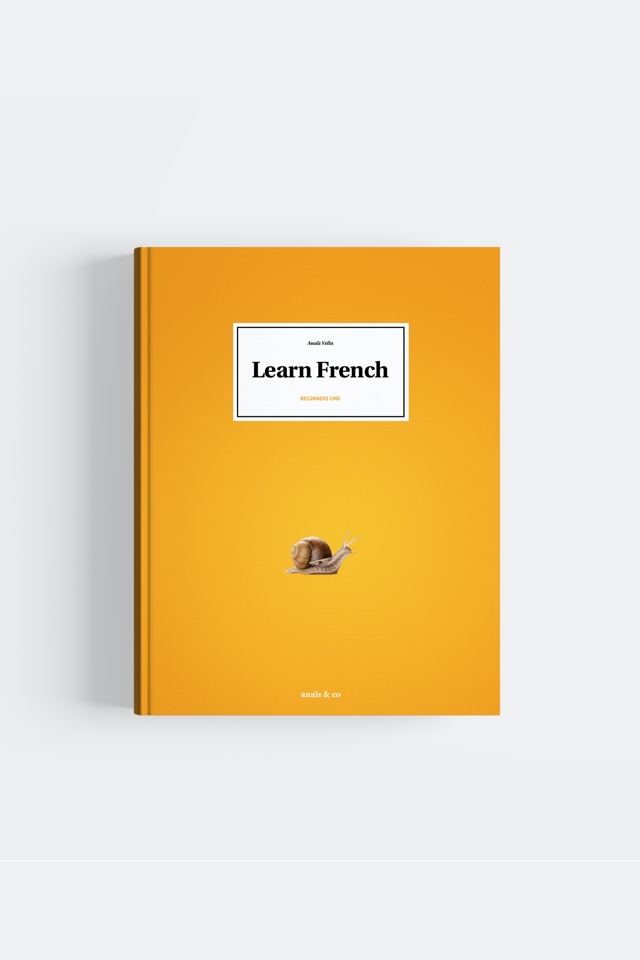

Feelings are adjectives and therefore they need to agree in gender and in number with the subject of your sentence. Like in English, adjectives are used with a conjugated form of the verb “être” (to be).
Like in English, feelings can be followed by connective words or prepositions to form sentences. The connective words or prepositions can be followed by, a proper noun, a pronoun, a possessive adjective and a noun, an article and a noun or an infinitive verb depending on what you want to say. More prepositions or connective words than the ones listed can be used and more adjectives describing feelings can also be used.
For example:
Je suis content(e) pour Paul → I am happy for Paul.
| Joy | |
|---|---|
| French | English |
| Être content | To be happy |
| Être heureux | To be happy |
| Être confiant | To be confident |
| Être chanceux | To be lucky |
| Être enchanté | To be delighted |
| Être passionné | To be passionate |
The feelings here can be followed by some connectives words like: “pour” (for), “parce que” (because of), “par” (by) and “de” (of).
For example:
Je suis content parce que c’est vendredi →
I am happy because it’s Friday.
Here “de” is most of the time followed by an infinitive verb, and it becomes “d’” in front of a vowel or “h”. Among other things, it can also be followed by an article and a noun, but in this case, remember to contract the article and “de” if needed.
For example:
Je suis chanceux d’aller à Paris →
I am lucky to go to Paris.
Je suis content du résultat →
I am happy by (of) the result.
“Être passionné”, can be followed by both “par” and “de”. After “par” we need to use a definite article. However, after “de” there is no need for one.
For example:
Je suis passionné par les voitures →
I am passionate by (the) cars.
Je suis passionné de voitures →
I am passionate by (of) cars.
| Fear | |
|---|---|
| French | English |
| Avoir peur | To be afraid |
| Être inquiet | To be worried |
| Être angoissé | To be anxious |
| Être timide | To be shy |
The feelings here can be followed by some connectives words like: “pour” (for), “parce que” (because of), “à cause de” (because of) and “de” (of).
For example:
Je suis inquiet à cause de mon examen →
I am worried because of my exam.
Here “de” is most of the time followed by an infinitive verb, and it becomes “d’” in front of a vowel or “h”. Among other things, it can also be followed by an article and a noun, but in this case, remember to contract the article and “de” if needed. It is the same for “à cause de”.
For example:
J’ai peur d’aller dans la forêt →
I am afraid of going to the forest.
Elle a peur du chien → She is afraid of the dog.
Most of the time, we will not give any justification for this feeling.
“Avoir peur” is using the verb “avoir” (to have) and a noun. It functions like an adjective but it is not one strictly speaking.
| Anger | |
|---|---|
| French | English |
| Être énervé | To be upset |
| Être en colère | To be angry |
| Être fâché | To be cross |
| Être furieux | To be furious |
| Être jaloux | To be jealous |
The feelings here can be followed by some connectives words like: “contre” (against), “parce que” (because of), “à cause de” (because of), “avec” (with) and “de” (of).
For example:
Je suis faché avec Paul → I am cross with Paul.
Here “de” is most of the time followed by an infinitive verb, and it becomes “d’” in front of a vowel or “h”. Among other things, it can also be followed by an article and a noun, but in this case remember to contract the article and “de” if needed. It is the same for “à cause de”.
For example:
Je suis énervé à cause du résultat →
I am upset because of the result.
Il est jaloux de l’homme → He is jealous of the man.
Here “en” is compulsory and cannot be removed or changed.
| Sadness | |
|---|---|
| French | English |
| Être triste | To be sad |
| Être malheureux | To be unhappy |
| Être désolé | To be sorry |
| Être déçu | To be disappointed |
| Être déprimé | To be depressed |
| Être fatigué | To be tired |
The feelings here can be followed by some connectives words like: “à cause de” (because of), “de” (of/about) and “parce que” (because).
For example:
Je suis désolé parce que je suis en retard →
I am sorry because I’m late.
Here “de” is most of the time followed by an infinitive verb, and it becomes “d’” in front of a vowel or “h”. Among other things, it can also be followed by an article and a noun, but in this case remember to contract the article and “de” if needed. It is the same for “à cause de”.
For example:
Je suis triste à cause du résultat →
I am sad because of the result.
Je suis fatigué à cause du travail →
I am tired because of work.

More in the books
Werther you are learning by yourself, with Anais and Co or if you are a FLE teacher find this lesson and many more in a beautiful book.
Be notified when we upload a new video.